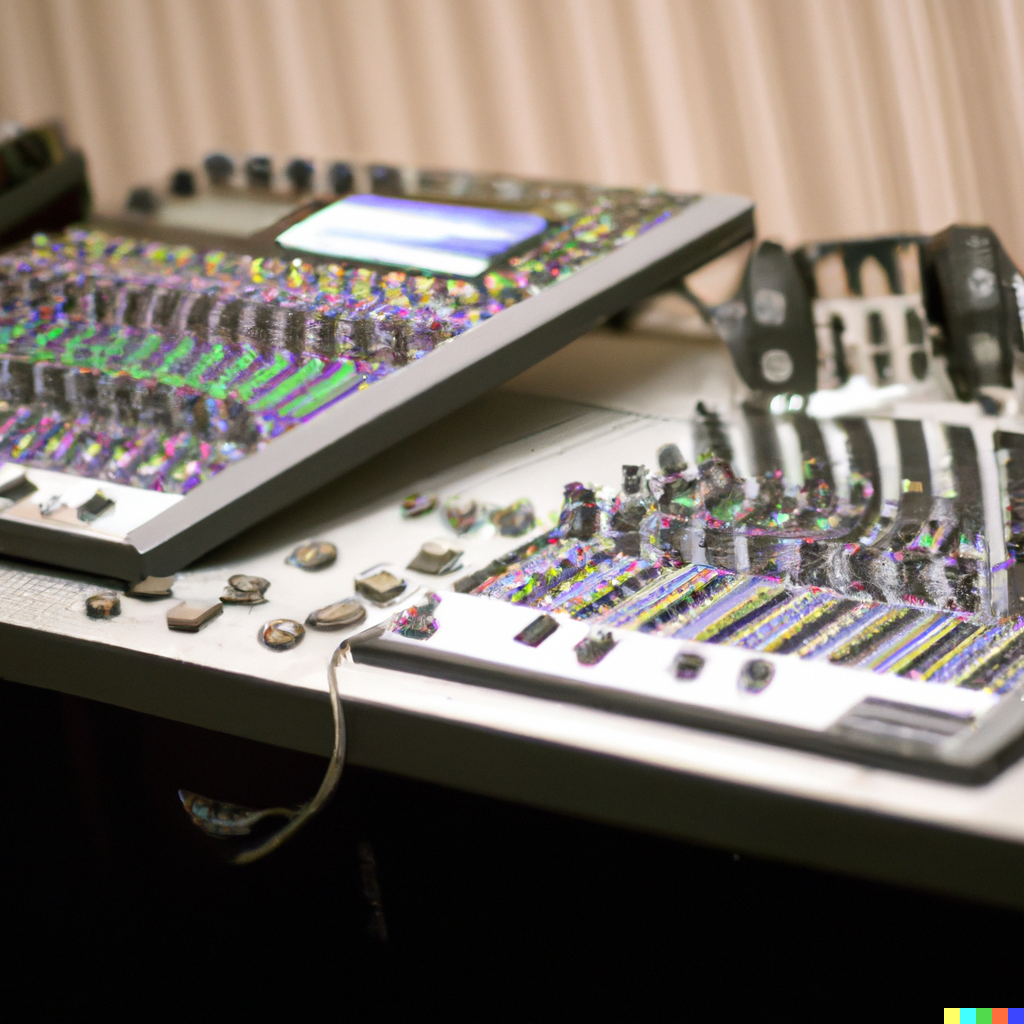4 Questions You Should Ask a Prospective Music Engineer
Are you planning to record some music soon? Congratulations! It’s an exciting time. But before you jump in, you should consider hiring a music engineer. A good music engineer can take your sound to the next level, but how do you know which one to choose? Here are four questions you should ask a prospective music engineer.
Table of Contents
- Introduction
- What is a music engineer?
- What should you consider when hiring a music engineer?
- Question #1: What is your experience with this genre?
- Question #2: Can you provide references?
- Question #3: What is your recording process?
- Question #4: What is your rate and availability?
- Conclusion
Introduction
Recording music is an art form, and it’s essential to find the right person to help you create the sound you want. A music engineer is an expert in recording, mixing, and mastering music. But with so many music engineers out there, how do you find the right one for you?
What is a music engineer?
A music engineer is a professional who specializes in recording, mixing, and mastering music. They work in recording studios, but they can also work on location. A music engineer is responsible for capturing the sound of a musical performance and turning it into a polished final product.
What should you consider when hiring a music engineer?
When hiring a music engineer, you should consider several factors. You want to make sure that the engineer has experience in your genre, can provide references, has a solid recording process, and fits within your budget.
Question #1: What is your experience with this genre?
It’s essential to find a music engineer who has experience working with your genre of music. Every genre has its own unique sound, and you want to make sure that your music engineer understands how to capture that sound. Ask the engineer if they have worked with your genre before and if they have any examples of previous work.
Question #2: Can you provide references?
References are an essential part of the hiring process. They can give you an idea of the engineer’s professionalism, work ethic, and expertise. Ask the engineer if they can provide references from previous clients. Contact these references to get an idea of the engineer’s strengths and weaknesses.
Question #3: What is your recording process?
Every music engineer has their own recording process, and it’s essential to know what that process is before you start recording. Ask the engineer to walk you through their recording process, including how they mic instruments, how they capture vocals, and how they mix and master the final product.
Question #4: What is your rate and availability?
The rate and availability of a music engineer can vary widely, depending on their experience and expertise. Before you start recording, make sure that you understand the engineer’s rate and availability. This will help you plan your recording session and budget accordingly.
Conclusion
Hiring a music engineer is an important part of the music recording process. By asking the right questions, you can find a music engineer who has the experience, expertise, and professionalism to help you create the sound you want.

Leave a Reply